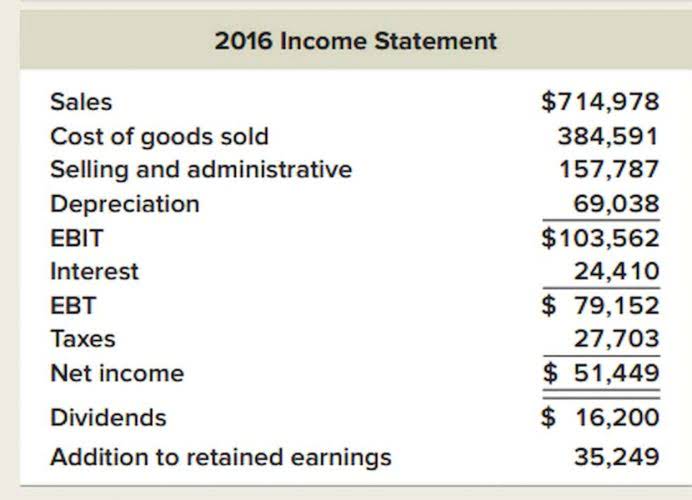
Changes in shares outstanding over time also reveal how valuable shares are as a stake of ownership in the company, as the number of shares available directly affects this. A recent example of a reverse stock split is General Electric’s (GE) 1-for-8 reverse stock split during the summer of 2021. Many companies decide to do a stock split to make their stock more affordable for a broader range of investors and to improve liquidity. The float is the portion of outstanding shares that’s most relevant for smaller investors. Although the two both relate to the number of shares a public company has issued, they are distinct from one another.

Editorial disclosure

The number of outstanding shares affects several key financial metrics and ratios, including earnings per share (EPS) and price-to-earnings (P/E) ratio. Shares outstanding refers to the number of shares of common stock a company has issued to investors and company executives. The number is used to calculate many common financial metrics, such as earnings per share (EPS) and market capitalization. Knowing the number of outstanding shares a company has issued, as well as the types of shares, is all part of making smart investment decisions. Determining a company’s market capitalization and earnings per share are critical components of smart investors’ analysis process.
Definition and Examples of Outstanding Shares
For example, the difference between the number of shares currently outstanding and the number of shares fully diluted is comparatively likely to be significant for fast-growing technology companies. These companies aggressively fund their growth by using convertible debt and paying employees with stock incentives. By contrast, many older stalwart companies are likely to have a number of shares outstanding that matches its number of shares fully diluted. Bankrate.com is an independent, advertising-supported publisher and comparison service. We are compensated in exchange for placement of sponsored products and services, or by you clicking on certain links posted on our site. Therefore, this compensation may impact how, where and in what order products appear within listing categories, except where prohibited by law for our mortgage, home equity and other home lending products.
What are outstanding shares?

However, the overall market capitalization and value of the company remain unchanged. A company’s shares outstanding are the total number of shares issued by a bookkeeping company. They are actively held by stockholders—both outside investors and corporate insiders, such as the company’s management team and other employees.

A company’s number of issued shares includes any shares the company has bought back and now holds in its treasury. The term „float“ refers to the number of shares available to be traded by the public and excludes any shares held by company executives or the company’s treasury. The number of shares outstanding can (and usually does) fluctuate over time. The number of shares outstanding increases if a company sells more shares to the public, splits its stock, or employees redeem stock options. The number of shares outstanding decreases if the company buys back shares or a reverse stock split is completed.
The Treasury Stock Method Outstanding Shares Formula
A company that announces a 2-1 stock split as of a certain date doubles its number of shares outstanding on that date. If that event occurs on, say, December 15th of the year, it can distort the company’s apparent number of shares outstanding for the year. Calculating the weighted average number of shares resolves the problem shares outstanding formula by taking into account the length of time that the changed number was in effect.
- The article was reviewed, fact-checked and edited by our editorial staff prior to publication.
- The total number of issued shares is the sum of the outstanding shares and the treasury shares.
- Stock might be sold to raise capital; convertible debt might move into, or out of, the money.
- Similarly, companies may repurchase their own stock, reducing the outstanding share count.
- For blue chip stocks, multiple stock splits over decades contribute to market capitalization growth and investor portfolio expansion.
Basic and Diluted Shares

Founded in 1993, The Motley Fool is a financial services company dedicated to making the world smarter, happier, and richer. The Motley Fool reaches millions of people every month through our premium investing solutions, free guidance and market analysis on Fool.com, https://www.bookstime.com/ top-rated podcasts, and non-profit The Motley Fool Foundation. The vast majority of pubs charge in increments of 10p, for good operational reasons. The 1p draft beer duty saving (Letters, October 31) will be pocketed by the big pub companies who set prices in many managed pubs, and who cynically increased the cost of a pint by 10p in October.

